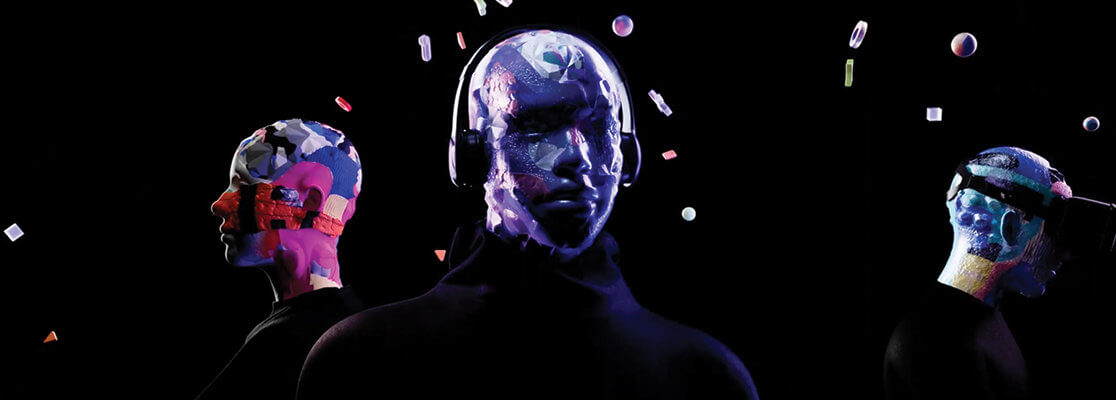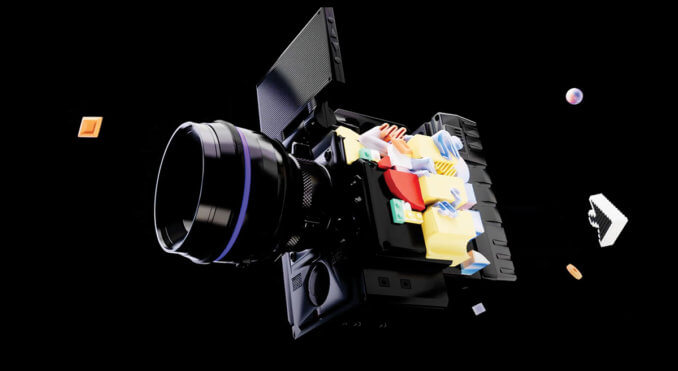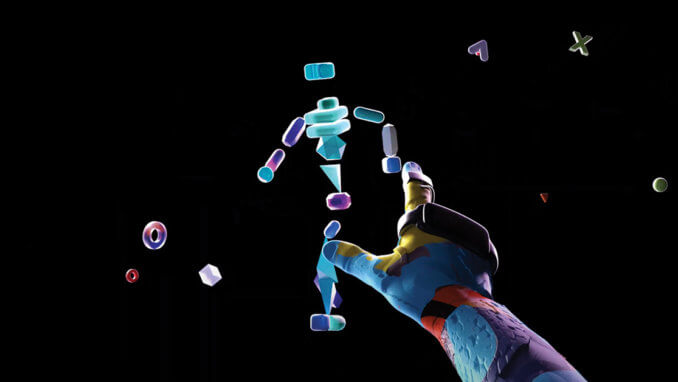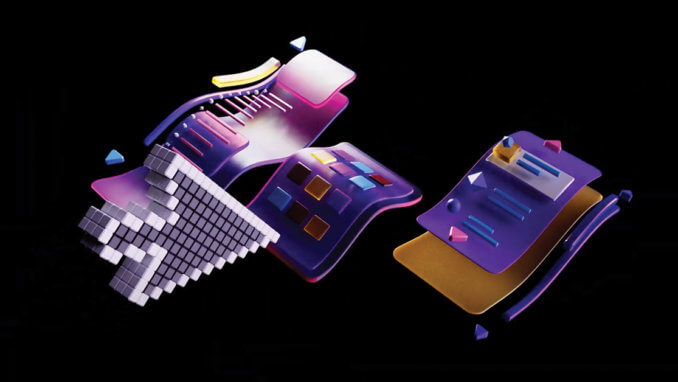Disability Support
Disability is a normal part of human diversity. Disability may be permanent, temporary or fluctuating, and may have a minimal or substantial impact on a person’s life. Disability may impact mobility, learning or communication and can result from accident, illness or genetic conditions.
Disability does not just refer to a person’s health or wellbeing. It involves the interaction between the unique features and functions of a person’s body and mind and the environment and socio-political context in which they live.
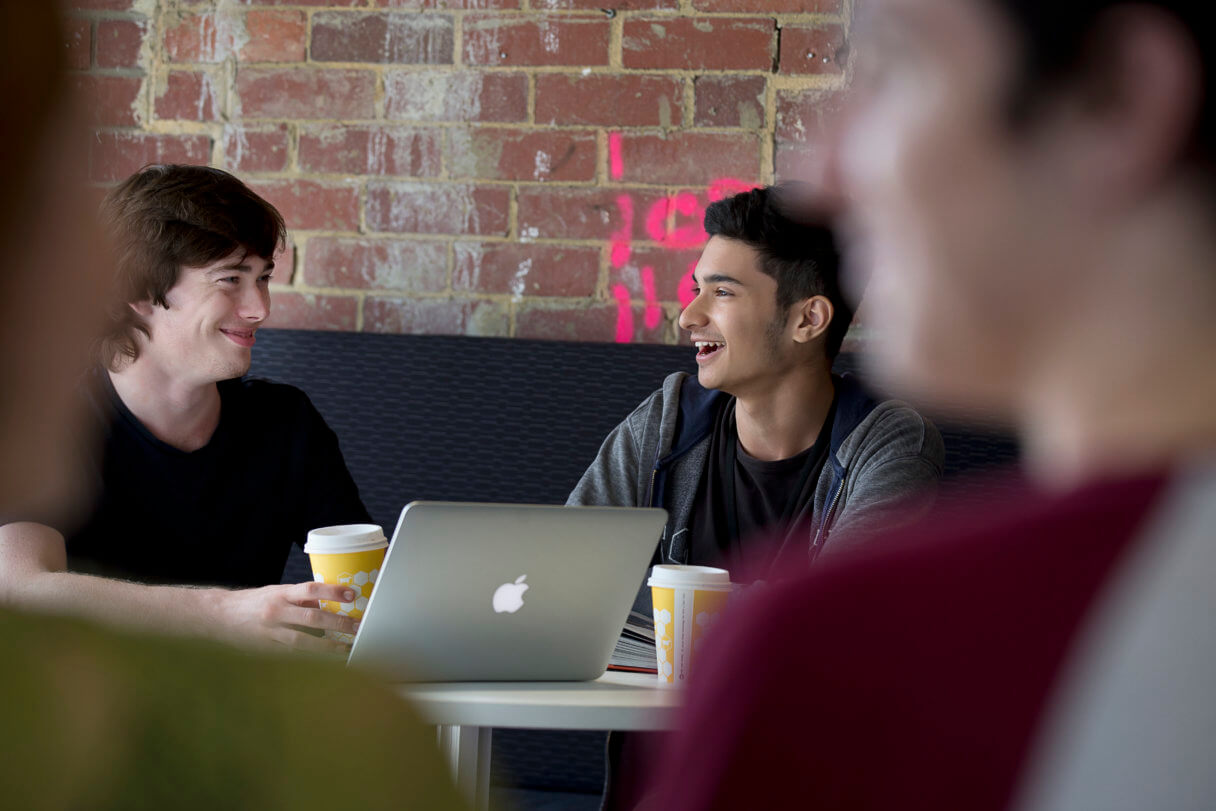
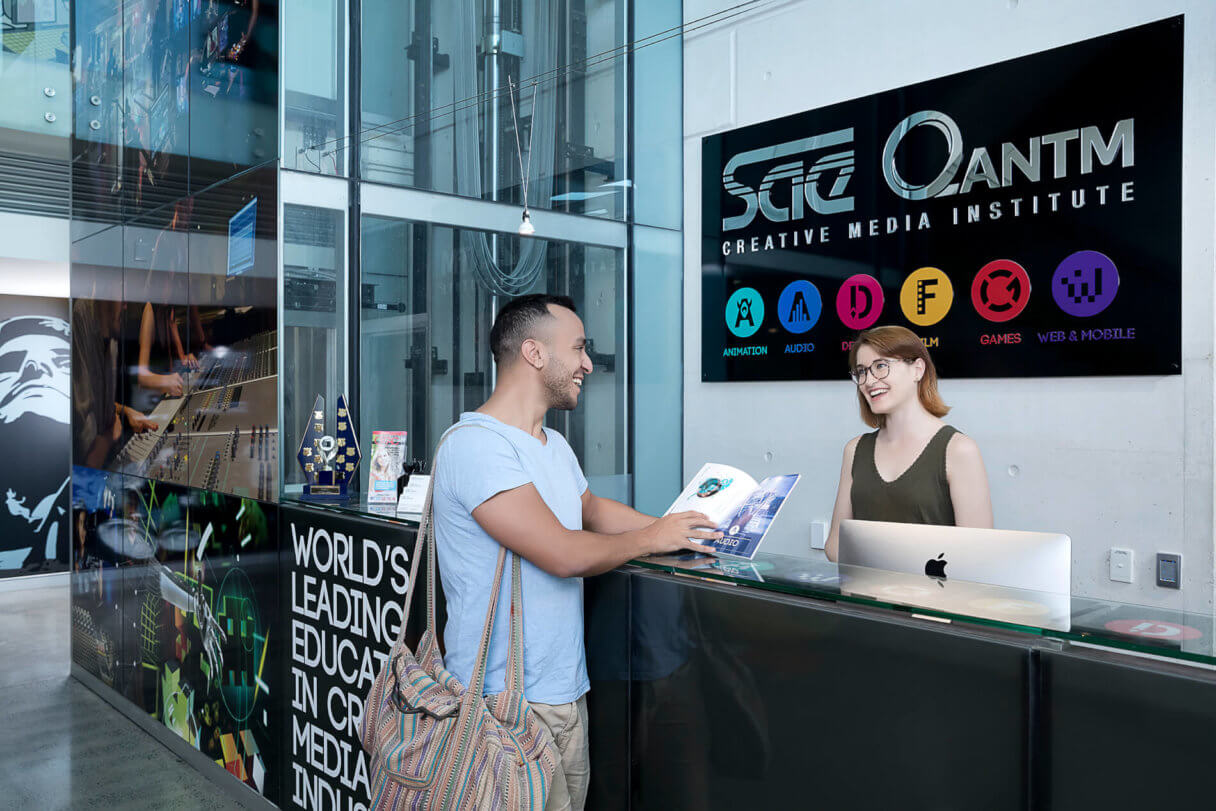
Disability does not equate to inability to achieve. People with disability have the same right as everyone else to make decisions for their own lives and to be active members of society.
Disability forms only a part of an individual’s identity. While some people identify strongly with their disability, others may see it as just another part of what makes them unique.
For SAE policies, the term encompasses ‘disability’ as defined in the Commonwealth Disability Discrimination Act (1992).
The Commonwealth Disability Discrimination Act (1992) defines ‘disability’ in relation to a person as:
a) Total or partial loss of the person’s bodily or mental functions; or
b) Total or partial loss of a part of the body; or
c) The presence in the body of organisms causing disease or illness; or
d) The presence in the body of organisms capable of causing disease or illness; or
e) The malfunction, malformation or disfigurement of a part of a person’s body; or
f) A disorder of malfunction that results in the person learning differently from a person without the disorder or malfunction; or
g) A disorder, illness or disease that affects a person’s thought processes, perceptions of reality, emotions or judgment or that results in disturbed behavior, and includes a disability that:
- Presently exists; or
- Previously existed but no longer exists; or
- May exist in the future; or
- Is imputed to a person. For more information on the definitions of disability categories, please click here.
There is no definitive classification system for disability. Disability is a normal part of human diversity.
You may be affected temporarily, permanently or have symptoms that occur from time to time. Your disability may include one or more of the following:
- Attention Deficit Disorder
- Anxiety disorder (including Obsessive Compulsive Disorder)
- Autism spectrum (including Asperger’s Syndrome)
- Depressive disorder
- Eating disorder
- Hearing impairment
- Vision impairment
- Learning disability
- Medical condition
- Neurological condition
- Post Traumatic Stress Disorder
- Physical disability
- Psychiatric condition
- Psychological condition
- Psychotic disorder
Disability is not always visible or singular, for example, an individual who has cerebral palsy may also experience a mental health condition such as anxiety or someone with vision impairment may also have a learning disability.
Depending on the severity of your condition, you may require long or short term assistance with any of the above.
If you are still unsure if you have a disability or if we can help you, contact us to have a confidential chat.
Reasonable Adjustments are a change to a module or program which may alter, within reason, the specific activities without compromising the essential learning objectives and/or the inherent requirements of the module or program. Not all people who have a disability require reasonable adjustments.
Whether an adjustment is reasonable will be determined in accordance with the Disability Standards for Education. This will involve taking into account all the relevant circumstances and interests, including the student’s Disability; the effect of the proposed adjustment on the student and on anyone else affected, including the Institute, staff and other students.
Reasonable adjustments may encompass a range of areas including:
- Amendments to assessment arrangements, such as flexible assignment deadlines;
- Flexibility in attendance requirements;
- Alternative Exam Arrangements;
- Teaching delivery and format, such as lecturers providing slides and other teaching material to students in advance of class, or the recording of lectures.
To register for disability support, you will need to make an appointment to meet with a Student Support Advisor. This will help us to assess which services you need to enable you to participate productively and independently in your studies.
SUPPORTING DOCUMENTATION
To assist you to study independently, you can access disability support and arrange adjustments. You’ll need to register with us first. To do this:
- Download the Disability Support Medical Documentation Form and have it completed and signed by a qualified health professional.
- Contact Student Services on your SAE Campus to make an appointment to see a Student Support Advisor to discuss your needs.
Other documents:
Alternatively, you can provide original documents on letterhead that provide information about:
- the nature of your disability (if you have a learning disability, you’ll need to provide a full psychological assessment);
- whether your disability is mild, moderate or severe;
- whether your disability is short term, fluctuating or degenerative;
- short-term, fluctuating or permanent;
- how your disability affects your study (impact on your studies);
- arrangements recommended for you;
- any previous arrangements made for you at school or university;
- how long your documentation is valid for.
If you are unsure who to seek supporting documentation from, please refer to the Guidelines for Supporting Medical Documentation.
MAKE AN APPOINTMENT
A Student Support Advisor will help you evaluate your academic requirements, develop a Student Access plan for you, and organise the appropriate arrangements.
Please see below for details on how to make an appointment:
SYDNEY
Phone: 1300 136 933
Email: [email protected]
Location: 39 Regent Street, Chippendale, NSW 2008
BRISBANE
Phone: 1300 136 933
Email: [email protected]
Location: Corner of Jane Street and Riverside DriveWest End, Brisbane, QLD 4101
MELBOURNE
Phone: 1300 136 933
Email: [email protected]
Location: 235 Normanby Road, South Melbourne, VIC 3205
ADELAIDE
Phone: 1300 136 933
Email: [email protected]
Location: 15-19 Franklin Street, Adelaide, SA 5000
PERTH
Phone: 1300 136 933
Email: [email protected]
Location: 116 Roe Street, Northbridge, WA 6003
BYRON BAY
Phone: 1300 136 933
Email: [email protected]
Location: 373-391 Ewingsdale Road, Byron Bay, NSW 2481
ONLINE
Email: [email protected]
A Student Access Plan Disability (SAPD) may be devised for you to facilitate a partnership between yourself as the student, academic staff and Student Services in relation to managing information on, and the responsibilities of providing services and reasonable adjustments for you.
Development of a SAPD is voluntary. You will need to disclose your disability to the Student Support Advisor if you require reasonable adjustments, and provide relevant supporting medical documentation.
WHAT IS DISCLOSURE?
Disclosure is the formal process of telling our Student Support Advisors about your disability. In general terms, it might mean:
- educating someone about your disability or impairment;
- telling someone about the impact of your disability or impairment on study and how you do things successfully;
- providing documentation about your disability or impairment.
CONSULTATION/PROCEDURES
The development of a Student Access Plan (Disability) involves several steps:
- The Student Support Advisor will assess the student with a disability in relation to the implications of the disability for the student’s learning needs and the nature of any specific adjustments needed and will explain to the student the need for consultation with all the appropriate personnel involved in developing the Plan.
- The Student Support Advisor is responsible for developing the SAPD, which will include suggested reasonable adjustments for teaching and learning, and assessment. Suggested Adjustments and strategies on the SAPD should prevent either advantages or disadvantages for students with disabilities.
- Once the SAPD has been developed, it will be sent to the Department Coordinators of the student. The Department Coordinator is invited to review and respond to the suggested adjustments on the SAPD. As experts in their subject area, feedback from the Department Coordinator will enable the development of a plan that facilitates student access to the specific requirements of the course.
- Once the Department Coordinator has responded to the SAPD, it will progress to the Academic Coordinator for final comment. Once the Academic Coordinator has submitted his or her final comment, the SAPD will return to the Student Support Advisor and be finalised.
- The Student Support Advisor will then send an electronic copy of the SAPD to the student.
For more information, see the Student Access Plan Disability (SAPD) Procedure.
EXAMINATION ADJUSTMENTS
Please note: The process for organising examination adjustments is separate from that of the SAPD. If you require arrangements for reasonable adjustment in examinations, you will need to complete a Special Consideration Form. You will require supporting medical documentation which, in conjunction with consultation, will be used to ascertain the appropriate arrangements for reasonable adjustments in Examinations. This will be forwarded to the Department Coordinator for their consideration.
PRIVACY STATEMENT
The information you provide is collected for the purpose of developing and approving your student access plan and the provision of other required support to assist you to reach your full potential here at SAE. The Institute will use your student access plan and provide a copy of it to relevant SAE staff, including course coordinators, lecturers and tutors to ensure the effective delivery of support and academic adjustments.
SAE may also use your information to evaluate the quality of services provided through Student Access Plans. Otherwise, the information you provide will remain confidential.
Under some circumstances, we may need to disclose your personal or health information to an external organisation or person. We will only do this if:
- the disclosure is required by law, such as an Act of Parliament, subpoena, warrant, or other legal instrument;
- your express consent has been obtained for the disclosure;
- the Institute reasonably believes that disclosure is necessary to lessen or prevent a serious and imminent threat to your life, health or safety, or of another person, or a serious threat to health or public safety.
For further information please consult the SAE Information Privacy Policy.
SAE aims to foster an inclusive learning environment that embraces the diversity of our society and supports student participation and success. SAE’s Inherent Requirements are the core skills, attributes, tasks and behaviours that students may already have or can develop during their study. Inherent requirements are different to admission and academic requirements.
Reasonable adjustments are the support SAE provides for students with a disability or health condition to ensure they can participate in their studies. Disability Standards for Education (2005) describes reasonable adjustments as measures implemented to assist a student with a disability to apply, enrol and participate in a course or program on the same basis as a student without a disability.
Any changes made to the course, including its content and assessment procedures, must maintain the essential academic and practical learning that students need to achieve. When determining reasonable adjustments, it is crucial to involve input from the student, Student Support Advisor and teachers who understand the requirements of the course. Adjustments must be logistically reasonable, feasible over time, and likely to support a student to perform adequately.
SAE can adjust teaching and learning, assessment, industry placements and other activities to enable students with disabilities or health conditions to participate without changing the academic and other requirements of the course.
Are you considering enrolling at SAE?
Please read our Inherent Requirements.
If you face difficulties achieving these requirements because of a disability, health condition, cultural and religious beliefs or other reasons, please contact a Student Support Advisor to discuss your concerns. These staff will collaborate with you to decide the reasonable adjustments needed for you to meet our inherent requirements.
INHERENT REQUIREMENTS
The study and practice of creative industry disciplines require respect for diversity, team and project skills, technical knowledge and creative skills, effective communication, critical thinking, problem solving and resilience.
SAE’s Inherent Requirements for participation are grouped into five categories. Please refer to the list and more information provided below.
- Behavioural and social capability
- Communication (verbal, non-verbal and written)
- Information and communication technology (ICT)
- Sustainable performance
- Sensory ability (visual and auditory)
Behavioural and social capabilities are necessary to function and adapt effectively in academic and creative practice settings. Creative industries are dynamic and constantly evolving, and students must adapt to changing technologies, trends, and client demands.
Students should be able to:
- work constructively in diverse and changing educational and professional settings
- perform well individually and in teams, sharing responsibility for outcomes in a range of roles and contexts
- collaborate constructively with peers, lecturers, clients and industry representatives
- manage emotions and behaviours effectively when dealing with individuals and in teams
- work with others with awareness, sensitivity and reflective practice in various settings, including the classroom, Masterclasses with industry, workshops and work placements.
Rationale
Compliance with SAE’s policies, codes and procedures will facilitate safe and capable interactions and relationships and support the SAE community’s physical, academic and social well-being. Behavioural and social capabilities are essential for succeeding at SAE and finding employment after graduation.
Examples
- demonstrate ethical behaviour in academic and industry settings
- take responsibility for emotions, behaviour and learning
- adapt team collaboration to diverse backgrounds and opinions for better decision-making
- maintain respectful communication during high-stress or busy times, and respond to feedback
- function and adapt well to complex and time-sensitive situations
Reasonable adjustments can assist students in demonstrating the full range of tasks involved in the programs offered by SAE. These adjustments must support consistent and sustained performance over time. The Student Support Advisor on your campus will assist with reasonable adjustments.
Students should be able to communicate verbally, non-verbally and in writing, including the ability to:
- communicate with sensitivity to individual and cultural differences
- express ideas and feedback clearly and understand and provide clear instructions in different contexts
- listen and comprehend in various settings, including the classroom and work placements
- appropriately interpret and respond to behavioural cues
- comply with academic and assessment standards
- understand a range of information and resources
Rationale
Effective communication and collaboration skills are essential as students work in teams, present their ideas and communicate with various audiences. These skills may include verbal, written, visual, and digital communication and active listening, negotiation, and teamwork. Students must share information, thoughts and ideas in various forms.
Examples
- deliver reports, reflections, project plans, presentations and creative works that meet academic and professional standards
- maintain respectful and professional relationships that enable collaboration, group work and constructive feedback
- research, write and reference according to academic and professional practices
- understand and communicate using discipline-specific vocabulary and language
- non-verbal behaviour that is respectful and appropriate in professional and educational settings
Reasonable adjustments can assist students in demonstrating the full range of tasks involved in the programs offered by SAE. These adjustments must support consistent and sustained performance over time. The Student Support Advisor on your campus will assist with reasonable adjustments.
Students must acquire and demonstrate comprehensive skills in using and communicating via various ICT applications and systems in academic and professional settings.
SAE students need to:
- interact with technology in dynamic and creative ways using a range of software, technologies, applications and devices for academic and industry engagement purposes
- use technology appropriately and effectively in face-to-face and online synchronous and asynchronous environments
- be agile and capable of engaging with technology to develop artefacts and assessments, manage multi-disciplinary projects and participate in work-integrated learning placements
Rationale
ICT skills are essential to access, apply and communicate information and to meet academic and professional creative industry standards
Examples
- create and share digital information and objects
- complete and submit assessment tasks
- manage projects and group work
- create a digital identity or brand
- select appropriate ICTs to accomplish professional and academic tasks promptly
- use ICTs in learning and professional settings effectively
Reasonable adjustments can assist students in demonstrating the full range of tasks involved in the programs offered by SAE. These adjustments must support consistent and sustained performance over time. The Student Support Advisor on your campus will assist with reasonable adjustments.
SAE students need to maintain consistent and sustained physical, cognitive and psychosocial functioning.
Students should be able to:
- complete specific tasks promptly and over time
- undertake a range of activities with a level of concentration that ensures a capacity to focus
- manage their performance to meet participation and assessment requirements throughout the program, including work-integrated learning.
Rationale
Sufficient physical, cognitive and psychosocial functioning is needed to successfully complete tasks in an assigned period.
Examples
- sustained participation in online or on-campus classes and studio workshops across the trimester
- the capacity to complete technical, academic and creative tasks and projects promptly and over time
- perform multiple tasks simultaneously
- collaborate and participate in groups with various members for different purposes, such as assessments, projects and work-integrated learning
- successfully working in a professional environment while on Work Integrated Learning placement
Reasonable adjustments can assist students in demonstrating the full range of tasks involved in the programs offered by SAE. These adjustments must support consistent and sustained performance over time. The Student Support Advisor on your campus will assist with reasonable adjustments.
Visual
Students need to accurately discern, interpret and use visual information and, in many instances, create visual artefacts.
Students should be able to:
- discern and interpret learning and other visual materials
- integrate visual information into new designs and forms
Rationale
SAE students commonly need to perceive and appreciate visual aesthetics, analyse visual elements, and create graphic works or designs with precision and accuracy.
Examples
- develop two-dimensional and three-dimensional visual design presentations for different contexts and projects
- participate in and create visual representations, such as slideshows, videos, film, games and multimedia content
- effectively navigate and use digital platforms
- read and interpret online and written texts, analyse visual content, and access multimedia resources
Auditory
Students need to accurately discern, interpret and use auditory information and sometimes create auditory artefacts.
Rationale
Students need to understand and respond to verbal communications accurately and have sufficient auditory ability to perform required tasks. Music and audio students require physical skills related to hearing.
Examples
- listen to and comprehend spoken English in various environments
- use information and communication technologies (ICTs) that rely on aural communication
- Music and audio students need to discern subtle differences in pitch or volume, discern and interpret different aspects of sound, and operate complex auditory equipment or software.
Reasonable adjustments can assist students in demonstrating the full range of tasks involved in the programs offered by SAE. These adjustments must support consistent and sustained performance over time. The Student Support Advisor on your campus will assist with reasonable adjustments.




